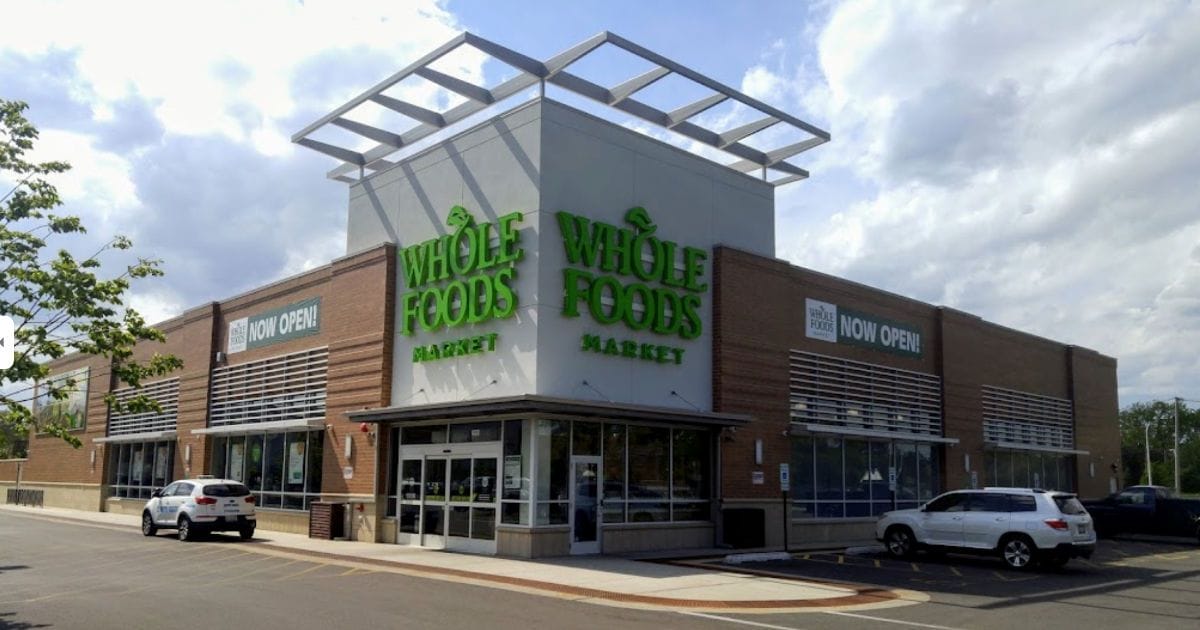Employees at Whole Foods in Englewood reportedly received a 60-day notice five months after the grocer announced that it would close the struggling store.
That means the store is likely to close November 13, near the start of the holiday season. But Whole Foods corporate office will not confirm the date of the store’s closure.
Located at 832 W. 63rd St., Whole Food’s Englewood opened in 2016 with huge tax breaks and great fanfare as it offered fresh produce and healthy products in a food desert.
Many residents in the low-income Englewood neighborhood found Whole Foods’ high- priced items unaffordable.
Last April, Whole Foods announced that it will close the store after six years of operation. That same month, Whole Foods announced it would close another store in Lincoln Park. Two days earlier, Whole Foods opened a 66,000-square-foot location at 3 W. Chicago Ave. in the One Chicago high-rise in the River North neighborhood.
In May, Mayor Lori Lightfoot said the closure will be a “gut blow” to Englewood but criticized the administration of her predecessor, Mayor Rahm Emanuel, saying he should have engaged residents more before he helped the expensive grocery chain open a store in the neighborhood.
“To me what it underscores, and I wasn’t here at the time that this decision was made, you cannot bring investment to the community without talking to the community and making sure that that investment makes sense for that community,” she said at a press conference.
During the grand opening, Emanuel and Whole Foods co-CEO Walter Robb were joined by a host of politicians, including U.S. Representative Bobby Rush, D-IL., and leaders of community organizations that worked closely with the project, including Teamwork Englewood and the Resident Association of Greater Englewood.
Trying to win Black voters after the Laquan McDonald scandal, Emanuel’s administration gave $10.7 million in tax-increment financing in 2014 for infrastructure upgrades at the Englewood Square development. The project also received $13.5 million in federal tax credits, according to Crain’s Chicago Business.
After the announcement, Alderman Stephanie Coleman (16th Ward) said she was “blindsided” by Whole Foods’ plans to close its Englewood store.
Whole Foods signed a 15-year-lease at Englewood Square. According to Crain’s, neither the company nor DL3 are required to return the TIF subsidy because the money was used to prepare the entire 14-acre site.
The land under Whole Foods was owned by the city before it was sold to developer DL3 Realty for $1; the City Council approved a redevelopment agreement that requires a grocery store to be located on that parcel through 2027. That means DL3 must find a grocer to occupy the site. DL3 Managing Partner Leon Walker earlier this year told the Sun-Times that “officials are actively looking for a new tenant” and that no timeline had been set.
The 18,000-square-foot Whole Foods store anchors the Englewood Square, a retail shopping area that includes a Starbucks and Chipotle fast food restaurant. When it opened in 2016, Englewood Square made history.
Whole Foods’ developer DL3 Realty, the general contractor, Ujamaa Construction, and Whole Foods build-out contractor Powers Construction are all Black-owned firms.
“Commercial investment is the lifeblood of any community, no matter where it’s located,” Walker said during the grand opening.
“Whole Foods’ presence as retail anchor in the new Englewood Square and history of community engagement across the country sends an important signal: together we can be the transformation agent needed to encourage more investment and reinvigorate the Englewood community.”






